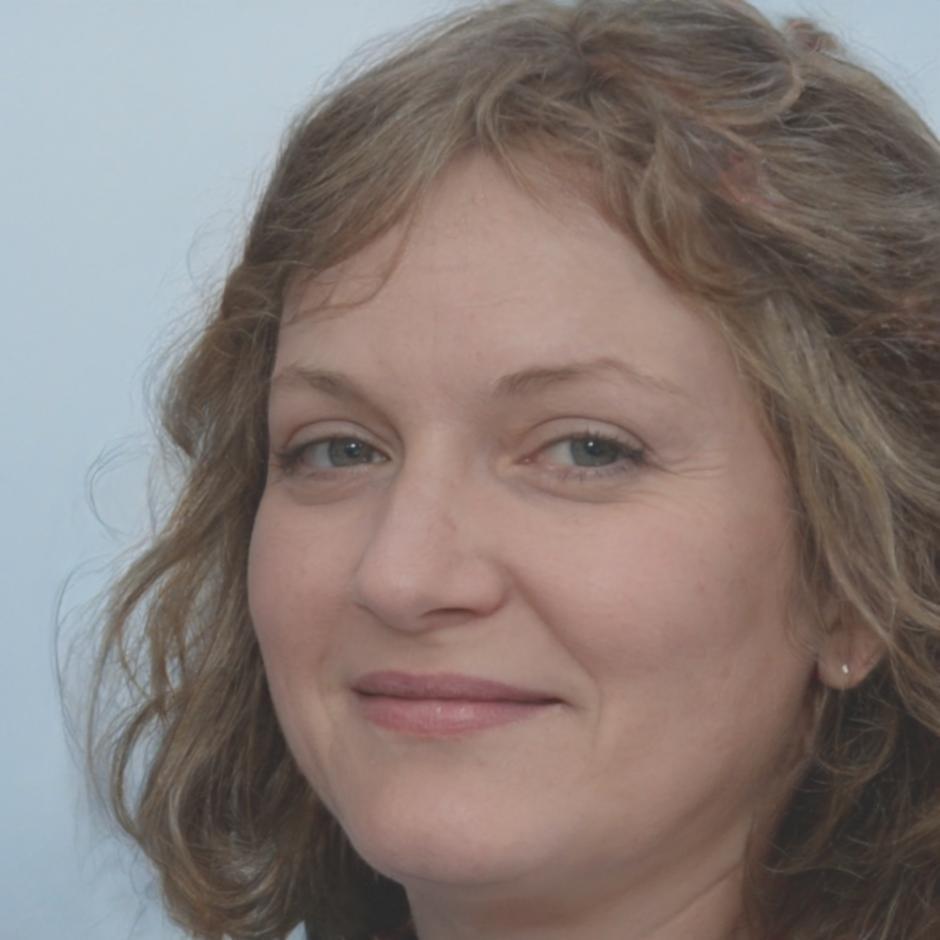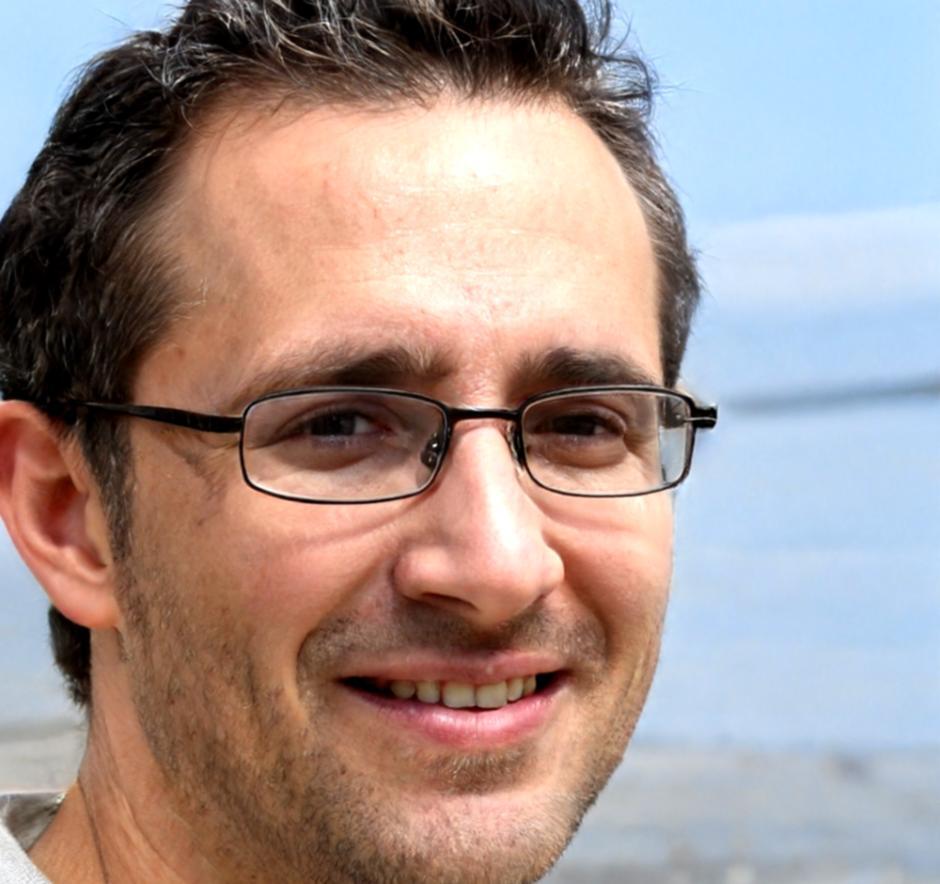Master Budget Risk Before It Masters You
We built our program around one simple truth: financial planning isn't about predicting the future. It's about preparing for uncertainty.
Starting October 2025, we're opening enrollment for professionals who want to understand budget risk from the ground up—not just theory, but the practical skills that keep organizations stable when markets shift.
Reserve Your Spot
How We Got Here
This program didn't start in a classroom. It started with real budget failures, actual risk scenarios, and the realization that traditional financial education was missing something crucial.
The Problem Becomes Clear
After consulting with several Taiwan-based manufacturing firms, we noticed a pattern. Companies had budget plans, but they didn't have budget resilience. When supply chain disruptions hit, their financial models crumbled.
Testing Ground Reality
We ran our first pilot workshops with 15 finance professionals. The feedback was honest and tough. They wanted less theory, more case studies. So we rebuilt everything from scratch, using actual budget crises from regional businesses.
Building The Framework
We spent months documenting how companies actually handle budget risk—not how textbooks say they should. That research became the backbone of our curriculum. Real scenarios, real decisions, real consequences.
Refining Through Experience
Our graduates started sharing their stories. One prevented a liquidity crisis by spotting risk indicators we taught. Another restructured departmental budgets using our frameworks. These weren't lucky breaks—they were prepared professionals making informed calls.
Where We're Headed
The next phase brings advanced risk modeling and scenario planning modules. We're also developing specialized tracks for different industries, because budget risk in tech looks different from budget risk in manufacturing.
Learning With Others Who Get It
Budget risk management can feel isolating when you're the only one in your organization thinking three moves ahead. Our program brings together professionals facing similar challenges, and honestly, that peer network often becomes as valuable as the curriculum itself.

Vilmar Jokinen
Spent 12 years managing budgets for mid-sized enterprises. Now helps others avoid the mistakes he made early in his career. His approach: no fluff, just practical risk assessment.

Branka Toivonen
Specialized in scenario planning during her years in corporate finance. She teaches participants how to stress-test budgets against multiple future possibilities, not just the expected outcome.

Domagoj Svendsen
Works directly with partner organizations to bring current budget challenges into the classroom. Every case study comes from real situations happening right now in Taiwan's business landscape.
Monthly Group Sessions
Six professionals, one table, real budget problems to solve together. These sessions run for three hours and usually generate more insights than individual study ever could.
Cross-Industry Perspective
Your cohort includes people from retail, manufacturing, services, and tech. Each brings different risk exposure patterns. You learn to see budget challenges from multiple angles.
Ongoing Network Access
After completing the program, you maintain access to the professional community. When you face a tricky budget decision months later, there's a network of people who understand the complexity.
Peer Review Process
Your capstone project gets reviewed by fellow participants, not just instructors. Sometimes the sharpest insights come from someone who recently struggled with similar risk assessment challenges.
Finding Your Path Forward
Not everyone needs the same depth of budget risk training. Here's how to figure out if this program matches where you are and where you need to go.
Still Not Sure If This Fits?
We run monthly information sessions where you can meet current participants, review sample materials, and ask direct questions about whether this program matches your goals. No sales pressure, just honest conversation.
Schedule a Conversation